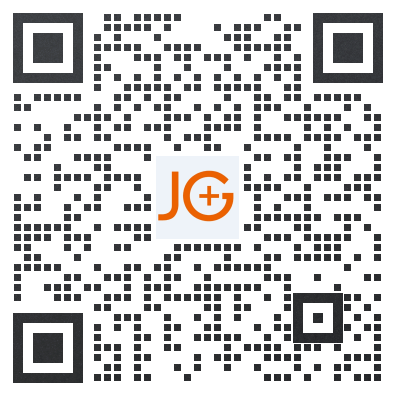

By Duff Wilson
Seattle Times staff reporter
The court immediately issued arrest warrants, while the Justice and Treasury departments began steps to seize Steven Cheung's U.S. assets, estimated at more than $10 million.
Federal prosecutor Janet Freeman said the Cheungs left Hong Kong within 48 hours of being indicted by a grand jury in Seattle on Jan. 28.
The United States has an extradition treaty with Hong Kong, a former British colony and now a special territory of China.
Steven Cheung, 67, a naturalized U.S. citizen, is accused of six counts of filing false tax returns and six counts of failing to report foreign bank accounts, punishable by up to 83 years in prison and $4.75 million in fines. Linda Su Cheung, 56, is charged with one count of conspiracy, punishable by five years in prison and a $250,000 fine.
Steven Cheung issued a statement from China saying he will not return to the United States because he couldn't get a fair trial. The statement, titled "The True Story of Fake Antiques (Or How Steven N.S. Cheung Has Been Framed)," blamed The Seattle Times and government officials for conspiracy and character assassination.
The Seattle Times reported Jan. 26 that items certified to be antiques sold by a prominent Seattle art gallery called Thesaurus Fine Arts were, in fact, modern replicas and worth much less. Although he first denied it, Steven Cheung is the founder of the gallery and a Hong Kong testing laboratory that certified that two antiques were the real thing.
In his statement, Steven Cheung again claims that the two objects are legitimate but had been refired in a kiln to make them test as new. The assertion has been dismissed by the world's leading labs, which had tested the pieces for the newspaper.
The Thesaurus gallery has closed, leaving dozens of unhappy customers with many complaints. The state Attorney General's Office and the Federal Trade Commission have launched investigations into deceptive trade practices.
Freeman said yesterday that the nearly four-year investigation in the tax case is separate from the antiques case, although Thesaurus Fine Arts was one of 11 companies a federal grand jury says Steven Cheung had set up to hide money.
Freeman and the IRS are appealing to anyone with information about unusual activity surrounding Cheung's U.S. assets to call a special Justice Department number, 206-553-7834.
Robert McCallum and Allen Bentley, Seattle attorneys for Steven and Linda Cheung, respectively, told federal magistrate Ricardo Martinez yesterday they weren't sure if they were still representing the Cheungs. Martinez refused to consider any defense motions, including one to dismiss charges against Linda Cheung, unless they appeared in court.
Martinez signed the arrest warrants at the end of a 10-minute court hearing.
Freeman said the government will seek to arrest the Cheungs through "diplomatic channels."
An associate of Steven Cheung's in Hong Kong, who asked not to be identified, says the pair are in China to avoid arrest and expect the U.S. to seize about $9 million in property and $2 million in bank accounts.
Steven Cheung immigrated to Canada in 1957 and then to the United States, where he got a doctorate from the University of California, Los Angeles. He taught at the University of Washington from 1969 to 1982 and still owns a $1.1 million home here and real estate throughout the state.
While the U.S. and China have no extradition treaty, authorities in both countries have recently tried to improve their cooperation on international crime. In 1999, China arrested two Vietnamese wanted in an execution-style slaying in Boston. China sent them to Hong Kong, where they could be extradited to the United States. Last month, a senior FBI official said the United States was trying to figure out a way to return to China two people wanted for embezzling funds from the Bank of China.
But Steven Cheung is famous in China, touted by the Beijing press as a candidate for the Nobel Memorial Prize in Economic Sciences.
Some high-profile fugitives have dodged arrest for decades of self-imposed exile. Fugitive financier Robert Vesco has lived in Cuba for 20 years; British train robber Ronnie Biggs lived in Brazil for 35 years, although he returned to England and was jailed in 2001; and movie director Roman Polanski, convicted of unlawful sex with a 13-year-old girl, has lived in Europe for the past 25 years.
Duff Wilson: 206-464-2288 or dwilson@seattletimes.com
evaea 发表于 2016-3-21 05:45
其人出身富家,从小学开始留级,博士资格考试失败,继续留级,终于拿到个博士,又找不到工作只能混博士后 ...
evaea 发表于 2016-3-21 10:31
国际通行的法律体系的做法是,所有审理案件,除了某些特殊例外,卷宗全部公开,因为审理过的案件会变成法律 ...
evaea 发表于 2016-3-21 05:45
其人出身富家,从小学开始留级,博士资格考试失败,继续留级,终于拿到个博士,又找不到工作只能混博士后 ...
 加微信,拉你入群
加微信,拉你入群




 收藏
收藏

